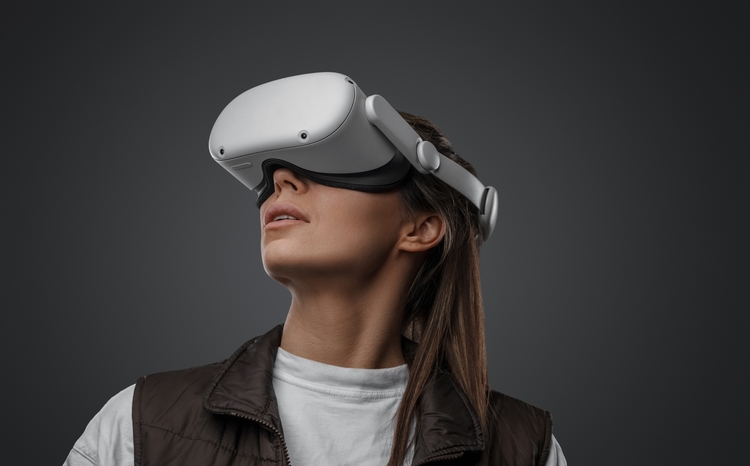Digital Health Coffee Time Briefing ☕
- 16 July 2024

Your morning summary of digital health news, information and events to know about if you want to be “in the know”.
👇 News
🧠 Cambridge Cognition Holdings has been selected to deliver voice and touchscreen cognitive assessments for the Global Alzheimer’s Platform Foundation’s Bio-Hermes 2 project. According to a press release, the project aims to generate a dataset to improve understanding of how digital and blood-based biomarkers can be used to predict the extent of Alzheimer’s Disease pathology. Grant funding comes from Innovate UK.
⌚ Samsung’s new Galaxy Watch models, which launched on 10 July, include a feature allowing users to track their advanced glycation end products (AGEs) index, offering insights on metabolic health and biologic age. The health tracking feature is not currently available on competitor watches from Apple.
🙋♀️ Hertility – a diagnostic virtual clinic for female productive health has teamed up with Sweaty Betty to launch a data-informed activewear range. Hertility’s research found that 25% of women had heavy periods and 26% had irregular menstrual cycles which impacted their ability to exercise. The range includes leak-proof leggings, designed to allow women to remain active throughout their cycle.
💊 Closed Loop Medicine is to join NVIDIA Inception, an accelerator programme for startups revolutionising industries with technological advancements. The techbio company is developing combination prescription drug-plus-software precision therapy products for personalised dose optimisation.
💉 The University of Birmingham is developing a non-invasive saliva test to identify children who are missing immunity to tetanus, and may also have missed out on essential vaccines. Supported by £1.1m funding from the Medical Research Council, the low-cost lateral flow test delivers results in 15 minutes. Once the test has undergone laboratory testing, it will be evaluated in Rwanda.
❓ Did you know?
An ADHD project from Health Innovation West Midlands supported the funding and implementation of a test which was able to inform an ADHD diagnosis in 15 minutes.
The QbTest assess a patient’s attention, impulsivity and motor activity and could help save time and money for the NHS while also improving access to a formal diagnosis.
Currently an ADHD diagnosis takes around 18 months and involves numerous appointments and assessments costing the NHS £23bn every year.
The ADHD project was outlined in the ‘Health Innovation West Midland 2023/2024 Impact Report‘.
📖 What we’re reading
The Association of British HealthTech Industries (ABHI) published its manifesto,’The plan for HealthTech in May 2024, presenting the steps needed to position the UK as a health tech global leader.
The manifesto was shaped through stakeholder engagement and delivers an actionable 10-point plan aimed at government, the NHS and regulators.
🚨 This week’s event
17 July, County Hall, London – Patient Flow Transformation 2024




